

Choosing a generator once seemed to be a particular task...
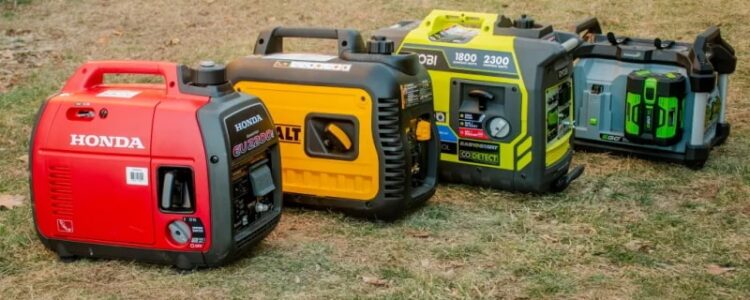
Choosing a generator once seemed to be a particular task for specific situations: periodic power outages, living in places far from power lines, the specifics of work, etc. Unfortunately, during the war, even residents of large cities have to think about this problem, which is not used to keeping even candles “in reserve”. In this article, you will find a comprehensive answer to the question of how to choose an electric generator depending on the electricity consumed in your home. You will also understand what kind of generators are.
Finding the correct type, size, and power generator is essential, as it is easy to buy a very noisy over or under-rated machine. Some generators are designed to work with certain types of instruments. Some are quite difficult to maintain.
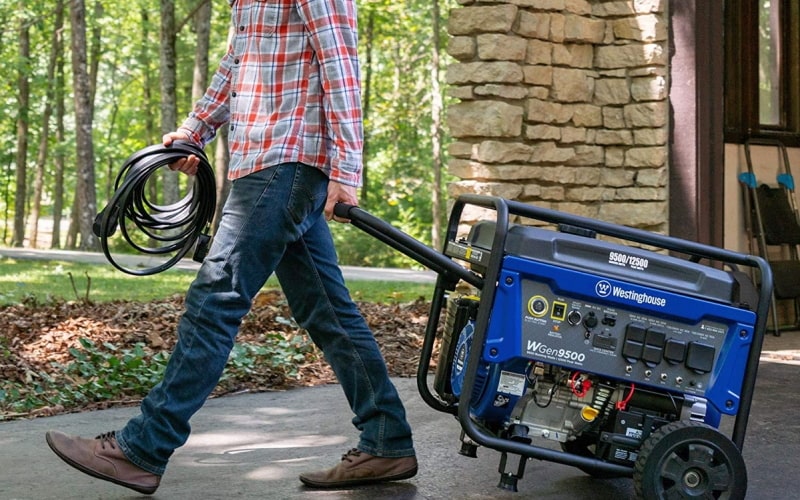
The same story applies to the number of equipment connected to the generator. For some, it is enough to purchase a generator to recharge gadgets and work on a laptop, which is extremely important in times of total remote work. You may like not to notice the loss of light at all and use all the usual devices as usual. In some cases, generators must support the repair work, production or functioning of institutions or establishments.
For each case, it is necessary to know the power consumption. First, we’ll look at general information about generator types. Next, we will learn how to calculate the amount of electricity consumed and, based on this information; we will choose a generator depending on the power.
First of all, it is necessary to understand which consumers will be connected to the power generator. This is necessary to know for further calculation of the device power.
When choosing a generator, you must first understand what sources of consumption will be connected to the station.
All sources of consumption are divided into:
Some generators are specialized to work with specific sources of consumption.
Being interested in the question of which generator to choose, you will find out that they come in three main types: gasoline, diesel or gas. If we compare them by price, with equal power, diesel power plants are more expensive than gasoline. However, they have twice as many resources.
Gasoline generators can be selected if backup, seasonal or emergency power is needed. Gasoline power plants have a shorter resource but are more convenient to use due to their weight, size and noise level than diesel generators. Gasoline generators have less labor-intensive and simple maintenance.
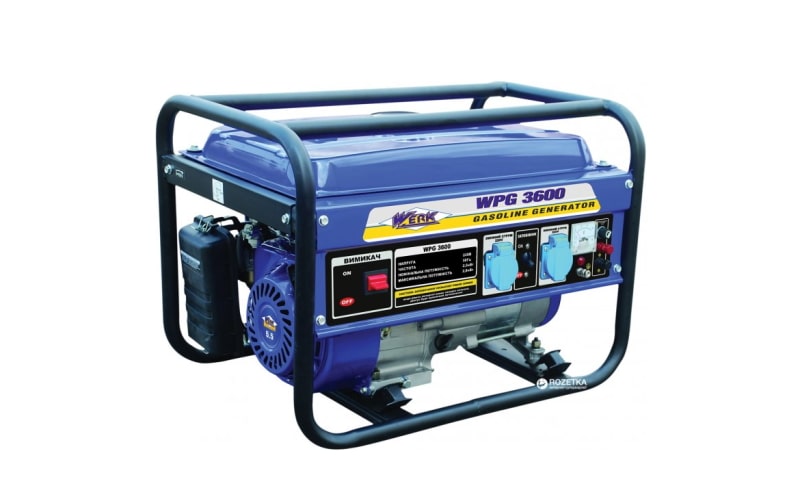
Benefits of a gasoline generator:
Diesel generators are chosen if a long-term operation is required (from 8 hours daily) or if power is required from 10 kW. Diesel power plants stand out for their durability and long service life.
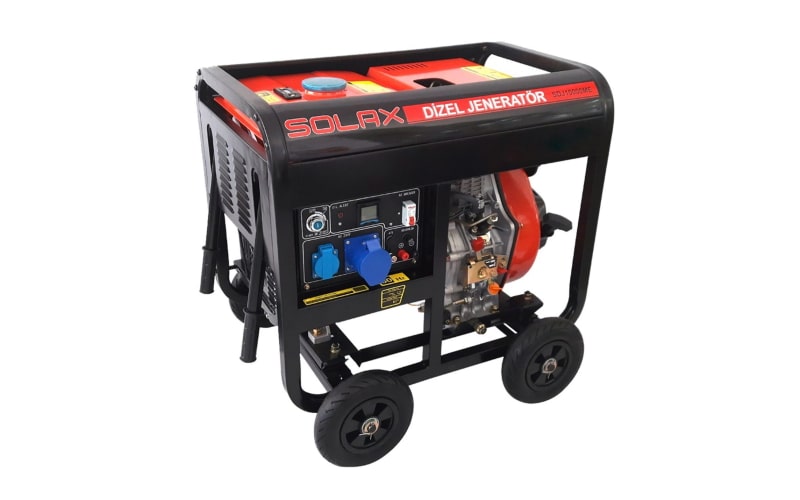
Advantages of diesel generator:
Suppose it is necessary to use it permanently. In that case, a gas generator will be the most economical, but its price (from 40,000 UAH) is unreasonably high for irregular and short-term switching on. The main disadvantage is maintenance and repair. Their cost is significantly higher than that of gasoline and gas devices.
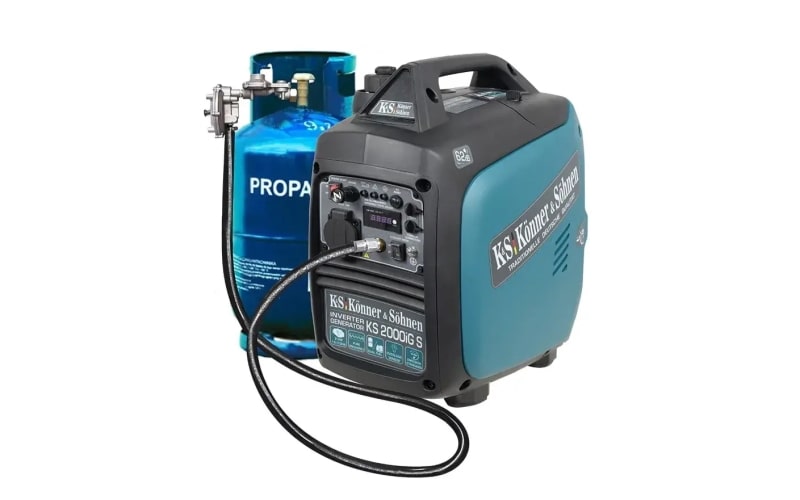
Advantages of the gas generator:
The next step is to select a generator depending on the phase. The generator can be single-phase (220V) or three-phase (380V).
Only single-phase (220V) сonsumers (refrigerators, microwave ovens, light bulbs, TV) can be connected to single-phase power plants. The main thing is to calculate the required power correctly.
Three-phase 380V power plants are used when connecting three-phase consumers (some devices, electric motors, and electromagnets). They can also provide backup electricity to cottages with a three-phase network wiring.
When connecting single-phase consumers to three-phase power plants, evenly distributing the load between the phases is necessary. The power difference in different phases should not exceed 20-25%. Otherwise, phase imbalance occurs, which will cause damage to the generator.
Having determined the consumers that are planned to be connected to the generator, it is necessary to add up the power of all devices planned to be connected simultaneously. It is better to look at the power of each of the devices in the technical data sheet or in the instrument power table.
It is important to correctly classify electrical appliances and take into account their starting power when calculating.
The table shows the approximate power of popular household appliances and tools.
| Appliances | Power Watt |
| Hair dryer | 450-2000 |
| Iron | 500-2000 |
| electric stove | 1100-6000 |
| Toaster | 600-1500 |
| Coffee maker | 800-1500 |
| Heater | 1000-2400 |
| Grill | 1200-2000 |
| A vacuum cleaner | 400-2000 |
| Television | 100-400 |
| Fridge | 150-600 |
| Oven | 1000-2000 |
| Microwave | 1500-2000 |
| A computer | 400-750 |
| Electric kettle | 1000-2000 |
| Electric lamps | 20-250 |
| Boiler | 1200-1500 |
| Mixer | 200-1000 |
| Washing machine | 1800-3000 |
| Power tools | Power Watt |
| Drill | 400-800 |
| Perforator | 600-1400 |
| electric grinder | 300-1100 |
| Circular Saw | 750-1600 |
| electric planer | 400-1000 |
| Electric jigsaw | 250-700 |
| Grinder | 650-2200 |
| Electrical appliances | Power Watt |
| Compressor | 750-2800 |
| Water pump | 500-900 |
| A circular saw | 1800-2100 |
| Air conditioner | 1000-3000 |
| Electric motors | 550-3000 |
| Fans | 750-1700 |
| hay mower | 750-2500 |
| High pressure pump | 2000-2900 |
The whole variety of generator models presented on the modern market can be divided into five groups that differ in the direction of use.
Let us consider each group in more detail and approximately calculate the optimal power indicator.
The most compact devices are intended for domestic use, such as charging various portable electronics or lighting. More powerful inverters can be used with music equipment and bright lighting for outdoor events. Another alternative is private construction using a small number of power tools.
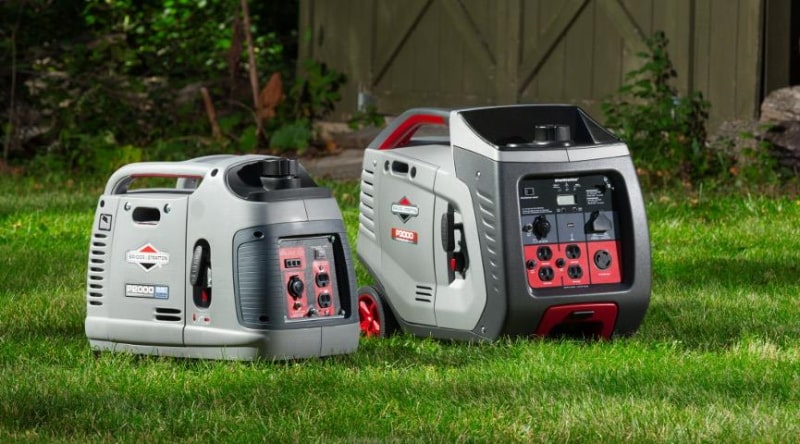
The most important parameters:
Approximate power calculation:
For short (maximum 1-2 days) trips to nature, a generator with a capacity of about 3 kW is sufficient. This should be enough to charge smartphones, and laptops, illuminate the area with a couple of light bulbs and even install a portable refrigerator.
To calculate the required power, it’s not enough to determine the sum of the capacities of consumers. It is important to consider that many devices consume many times more current at the startup time. The inverter will be overloaded and turned off if this is not considered.
As a power source in the country for connecting the minimum necessary equipment. For short-term power supply of power tools at the construction site. Use in emergencies by special services (emergency, fire Ministry).

The most important parameters:
Approximate power calculation:
Usually, there is a refrigerator and a TV in the house, and in economy mode, the house will be illuminated by two bulbs. As a reserve, provide for the need to turn on the vacuum cleaner.
Thus, in case of an unexpected and long power outage in the country, you should have a 3-4 kW gasoline generator.
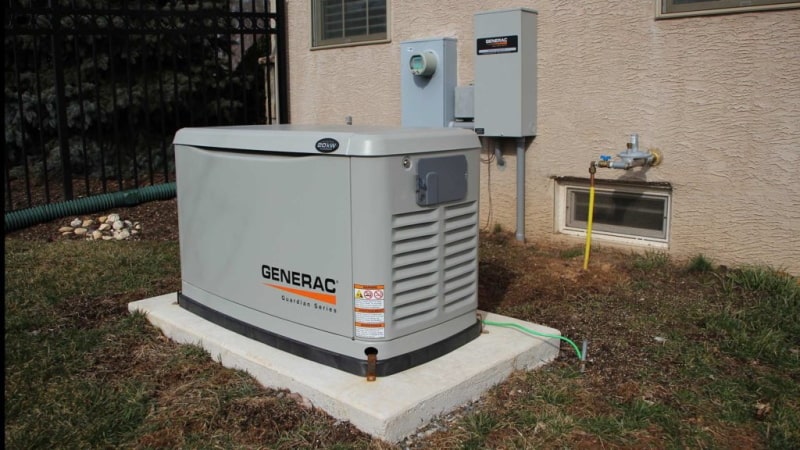
Generators up to 12 kW are designed to operate in a private house or cottage as the main source (in the absence of an electric line). As well as supplying backup power during extended outages.
The most important parameters:
Approximate power calculation:
Generators of this size already give you the average level of comfort you expect. If the generator is equipped with an ATS, you may not even notice the lack of electricity in the network and, at the same time, will use all the necessary equipment. For a private house, 10 kW will be enough.
As a rule, stationary generators are used in industry and on large construction sites as emergency sources in hospitals and other public places. Basically, such generators are full-fledged stationary substations capable of regularly providing power to many devices.
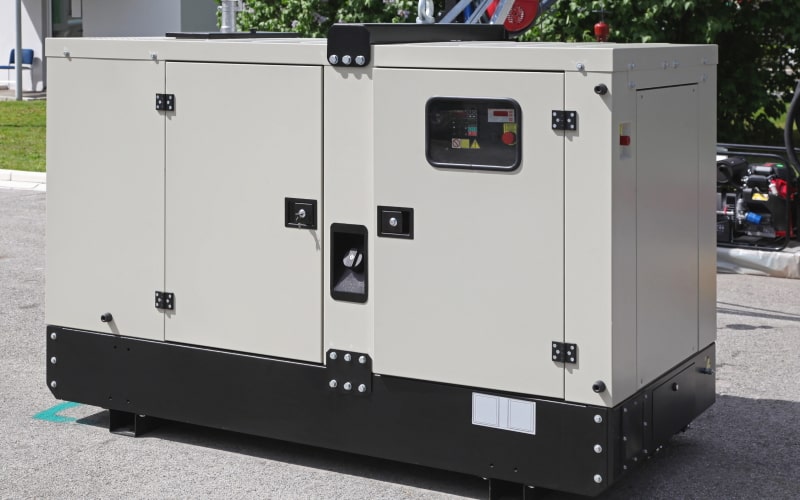
The most important parameters:
How to choose a generator for welding? Welding generators are always allocated in a separate category. Such devices have design features compared to conventional generators. The welding generator is equipped with a special module that converts mechanical energy and generates current and voltage at a level sufficient to ignite the welding arc.
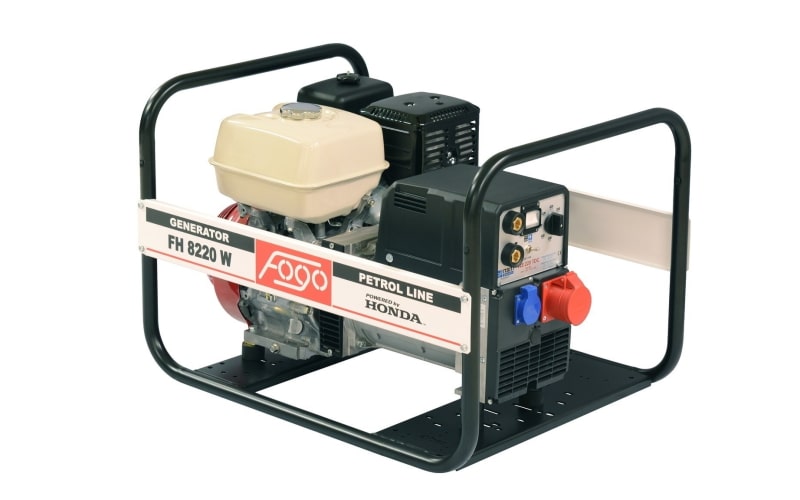
Aggregate types:
The most important parameters:
Having studied all the technical details of the question of how to choose a generator, it is worth paying attention to simpler but no less important issues of convenience. Some functions and features must be taken into account when choosing a power plant for a house, cottage or plot:
If you want to choose a generator for the autonomous power supply of a private house, it is better to stay on a model with auto start. In addition, the automatic transfer system (ATS) allows you to display information about how many hours the power plant operation will last.
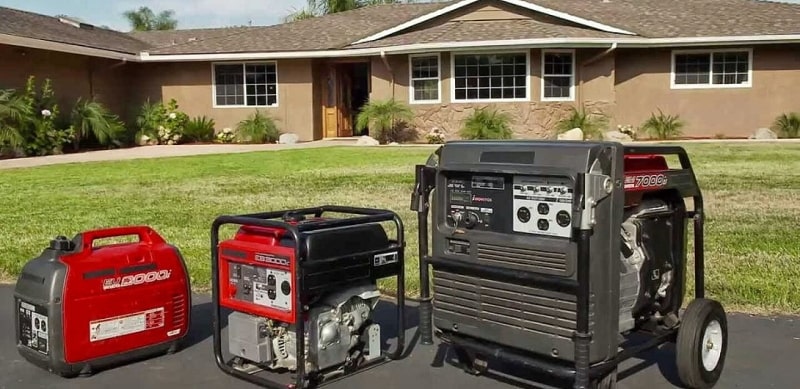
Choosing a generator is not a very difficult task, but acquiring the right equipment can keep you safe, allowing you to live and work at your usual pace. Guided by the above information, you can choose the right generator precisely for your needs without overpaying for extra power and functionality.